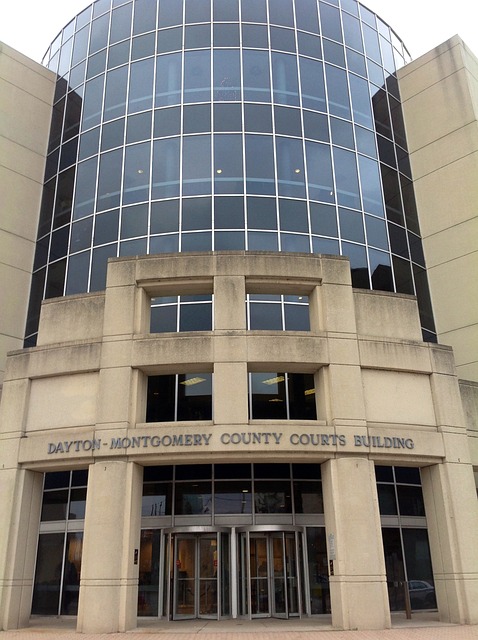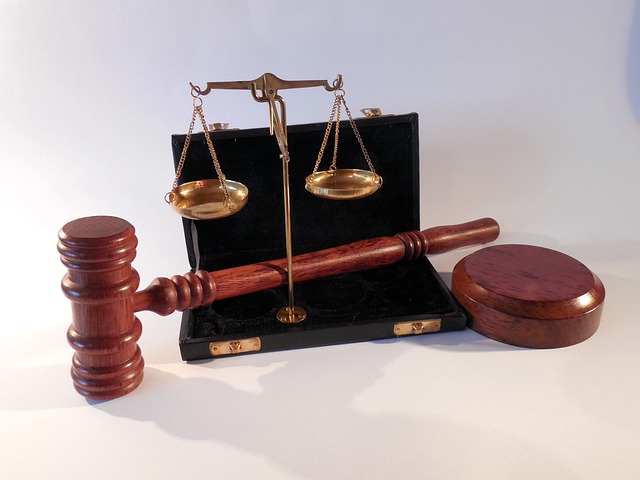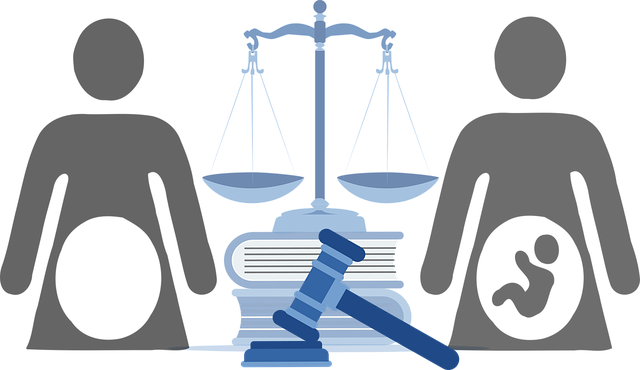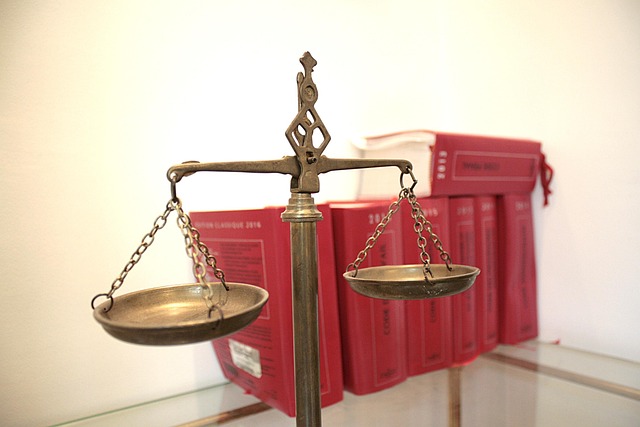In the complex UK legal landscape, Litigation Documents UK translation services are indispensable for navigating intricate terminology and cultural nuances. These professional services ensure accurate communication by employing skilled translators with legal expertise who understand context and intent beyond word-for-word substitutions. By prioritizing confidentiality, fluency, and accuracy, reputable translation services minimize risks of misinterpretation that could impact case outcomes. Leveraging advanced tools like machine translation and artificial intelligence, these services offer efficient pre-translation and quality assurance, enabling human translators to focus on complex terminologies and cultural nuances for litigation documents UK. This meticulous approach guarantees precise translations crucial for international clients and cross-border disputes, ensuring fairness and transparency throughout the legal process.
In the intricate world of UK litigation, accurate legal document translation is paramount for success. When legal cases traverse borders, clear communication becomes a challenge, highlighting the crucial role of professional translation services. This article explores the significance of precise legal translations in UK cases, focusing on international law firms and the key considerations when selecting translators. From understanding common challenges to embracing technological advancements, it delves into ensuring quality, providing case studies, and illuminating the path for effective litigation document translation services in the UK.
- Understanding the Importance of Accurate Legal Translation in UK Litigation
- The Role of Professional Translation Services for International Law Firms
- Key Considerations When Choosing a Legal Translator for UK Cases
- Ensuring Quality and Precision in Legal Document Translation
- Common Challenges in Translating Legal Texts and How to Overcome Them
- Technology's Impact on Legal Translation: Tools and Innovations
- Case Studies: Successful Legal Translation Projects in the UK
Understanding the Importance of Accurate Legal Translation in UK Litigation

In the intricate world of UK litigation, clarity and precision are paramount. When navigating legal proceedings, every document – from contracts to court filings – demands meticulous translation to ensure fairness and accuracy. Professional legal document translation services play a pivotal role in this process, as they possess the expertise to navigate complex terminology, cultural nuances, and often, stringent legal requirements.
Accurate translation is not merely about word-for-word substitution; it involves understanding the intent and context of the original document. For instance, legal terms may have subtle or specific meanings within a particular jurisdiction. Skilled translators with a background in law ensure that these terms are conveyed accurately, avoiding potential misinterpretations that could significantly impact the outcome of a case. Thus, reputable UK translation services for litigation documents become indispensable allies for lawyers and individuals alike, ensuring that every communication is clear, precise, and legally sound.
The Role of Professional Translation Services for International Law Firms

For international law firms operating in the UK, navigating legal complexities across borders requires precise and accurate documentation. This is where professional translation services play a pivotal role. With litigation documents often involving intricate legal jargon and nuanced cultural references, only qualified translators can ensure that every word is conveyed with perfect precision.
Professional translation services offer more than just language conversion; they provide an understanding of the legal nuances in both the source and target languages. This expertise ensures that critical information is not lost in translation, preventing potential pitfalls and miscommunications that could impact case outcomes. By relying on UK translation services specializing in litigation documents, international law firms can rest assured that their work is handled with the utmost confidentiality, accuracy, and fluency.
Key Considerations When Choosing a Legal Translator for UK Cases

When selecting a legal translator for handling UK cases, several critical factors come into play to ensure precision and compliance. One of the primary considerations is the translator’s expertise in litigation documents. This includes understanding the specific terminology used in court proceedings, case law citations, and the overall structure of UK legal documents. A professional translation service dedicated to legal matters will employ translators with robust backgrounds in either law or linguistics, or both.
Additionally, it’s essential to verify the translator’s proficiency in the target language and their familiarity with cultural nuances. In international litigation, where cases may involve foreign parties, a deep understanding of cultural subtleties is vital to avoid misinterpretations that could impact the case’s outcome. Reputable translation services often provide human translators who are native speakers, ensuring not just accurate translations but also culturally appropriate documentation.
Ensuring Quality and Precision in Legal Document Translation

Ensuring quality and precision is paramount when it comes to legal document translation for UK cases, especially in the realm of litigation documents. Professional translation services understand the intricacies and sensitivity of legal matters, and their expertise lies in navigating the nuances of both language and law. These services employ translators who are not only fluent in multiple languages but also have a deep understanding of the English legal system. This ensures that complex terminology is accurately translated without altering the intended meaning or context.
Advanced tools and techniques, including machine translation and human review, play a pivotal role in maintaining accuracy. Machine translation can quickly render documents into various languages, while human translators refine the output, ensuring it meets the highest standards of quality. This meticulous process guarantees that litigation documents, which often contain critical details, are translated with precision, upholding the integrity of the legal proceedings. As such, using reputable UK translation services for these documents is essential to avoid any potential pitfalls or misunderstandings in cross-border cases.
Common Challenges in Translating Legal Texts and How to Overcome Them

Translating legal texts, especially for UK cases, can be a complex task due to several challenges inherent in the language and industry nuances. One of the primary hurdles is the precision required; even minor inaccuracies can have significant implications in litigation documents. Legal terms often have specific meanings that must be conveyed accurately across languages, requiring translators with specialized knowledge.
Overcoming these challenges involves engaging professional UK translation services with expertise in legal documentation. These services employ translators who are not only fluent in both source and target languages but also possess a deep understanding of the legal systems involved. Quality assurance processes, including proofreading and editing by subject matter experts, ensure accuracy. Additionally, using terminological databases and consistent glossaries helps maintain consistency throughout the translation, addressing another common issue in this field.
Technology's Impact on Legal Translation: Tools and Innovations

Technology has significantly revolutionized legal translation, especially in the context of litigation documents in the UK. Advanced tools and innovations have transformed the way professionals approach this specialized field. One notable development is the emergence of machine translation (MT) software, which offers rapid and cost-effective solutions for basic document types. While MT may not replace human translators entirely, it serves as a valuable first pass, enabling efficient pre-translation and quality assurance processes.
Moreover, artificial intelligence (AI) has played a pivotal role in enhancing translation accuracy and productivity. AI-powered systems can analyze vast legal databases, learn from extensive datasets, and provide context-aware suggestions. These technologies assist translators by automating repetitive tasks, such as term management and formatting, allowing them to focus on more complex aspects like idiomatic expressions and cultural nuances. This results in improved efficiency for UK translation services catering to litigation documents, ensuring precision and consistency in legal communications.
Case Studies: Successful Legal Translation Projects in the UK

In the complex landscape of legal proceedings, effective communication is paramount, especially when navigating the intricacies of UK courts. Professional legal document translation plays a pivotal role in ensuring that every word carries weight and meaning across languages. Case studies highlight successful projects where litigation documents in English were meticulously translated into other languages, facilitating access to justice for non-English speaking individuals involved in UK legal battles.
These translations went beyond simple word-for-word substitutions, accurately capturing the nuances of British legal terminology while adhering to cultural sensitivities. The result was a seamless flow of information, enabling lawyers and judges to comprehend foreign-language documents as if they were originally drafted in English. This level of precision is crucial for cases involving international clients or when dealing with cross-border disputes, ensuring fairness and transparency throughout the litigation process.
Professional legal document translation is paramount for successful litigation in the UK, ensuring that all parties involved have access to clear and accurate information. As international law firms navigate complex cases, relying on expert translation services becomes essential. By understanding key considerations, such as choosing qualified translators and leveraging technology, firms can overcome challenges and achieve precision in translation. Case studies demonstrate the positive impact of high-quality legal translation, streamlining processes and fostering fair, effective UK litigation. When seeking litigation documents UK translation services, prioritizing expertise and innovation is crucial for case victory.
